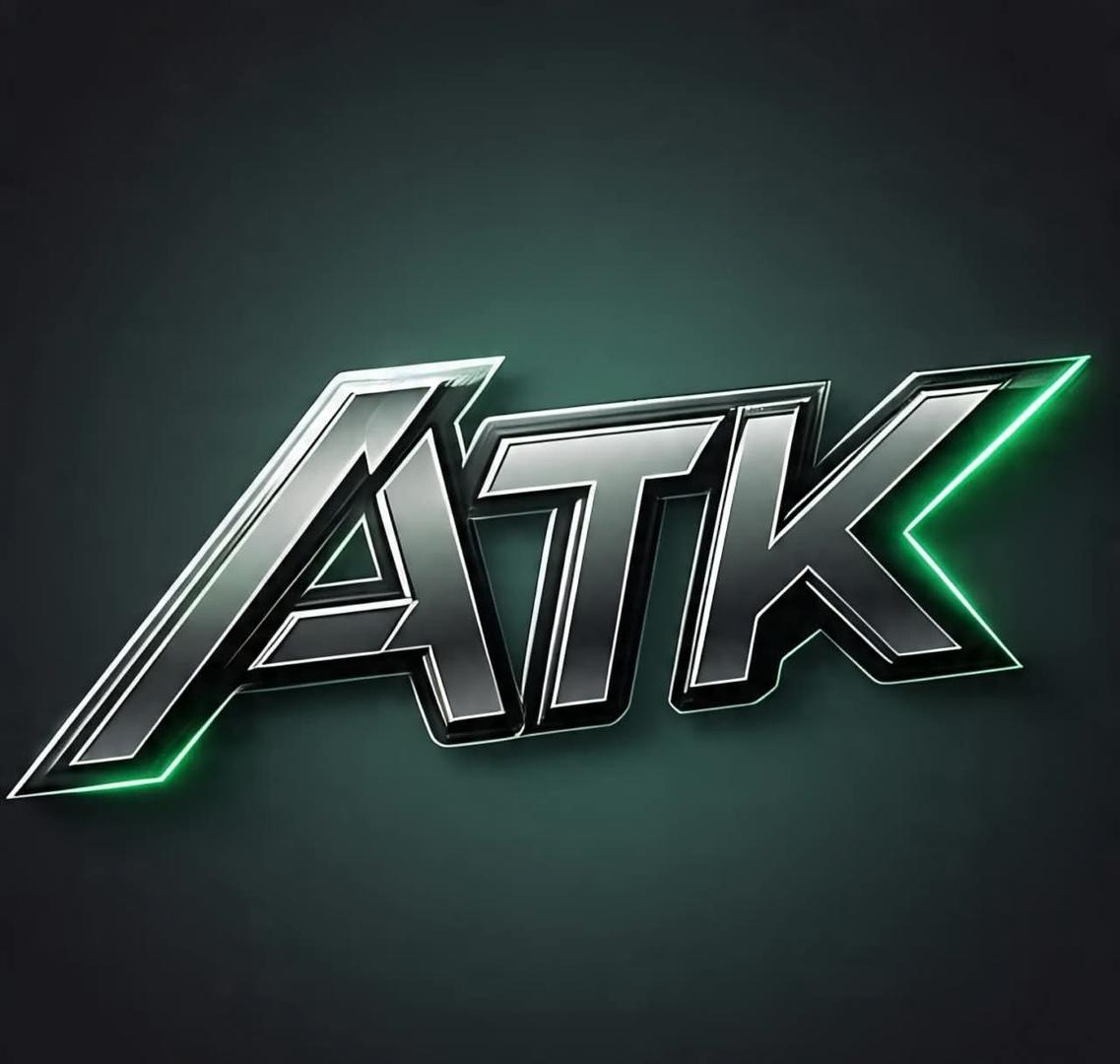Sponsored Advertisements
From Ambition to Achievement: How Monica Sustained Zero-Fee Transfers for Nigerians Two Years Running
News (Headlines)
26 days ago
Comments (0)
- Be the first to comment!
Leave a Reply
New Discussions
-
Vibes and Expression

Bossbaby
31 mins ago00 -
Marriage😂😂

Ani Tin Kul
57 mins ago00 -
Peace Begins Where Drama Ends | Protect Your Energy 🌿 | Echo Within Motivation

Echowithin
3 hrs ago00 -
Top 10 Nigerian Artists Dominating 2025

Chiamaka29
7 hrs ago00 -
10 Profitable Side Hustles Nigerians Can Start in 2025

Chiamaka29
7 hrs ago00













Infinity Media
26 days agoLagos, Nigeria — Two years ago, when fintech startup Monica entered Nigeria’s highly competitive payments space, many industry observers were skeptical. The market was already flooded with payment solutions, and foreign remittances were notorious for being weighed down by high charges, unpredictable delays, and unfriendly exchange rates. Yet, Monica stood out by making a bold promise: zero-fee crypto-to-naira transfers with instant payouts.
What seemed like an ambitious idea has today become one of the defining innovations in Nigeria’s financial technology sector. Monica has not only lived up to its promise but has also scaled into a trusted platform for freelancers, small businesses, and digital creators across the country.
A Disruptive Beginning
From day one, Monica’s vision was clear: eliminate the hidden costs that eroded earnings for Nigerians receiving payments from abroad. The platform allowed users to convert cryptocurrencies such as USDT into naira without being charged transaction fees.
For individuals and businesses who had long endured high banking charges and opaque remittance costs, Monica’s model was more than attractive—it was a game changer. In a digital economy where every naira counts, knowing that what you earn is exactly what you receive built an immediate sense of trust among users.
But Monica didn’t stop at affordability. The company also solved another major pain point: speed. Traditionally, freelancers and small businesses had to wait days for funds to clear when using international transfers. Monica’s instant conversion model shortened that wait to mere minutes, ensuring that Nigerian users could access their money quickly and reliably.
Delivering on the Promise
Over the past two years, Monica has proven that zero-fee transfers were not just a marketing tactic but a sustainable service model. Its achievements can be measured in three key areas:
Zero Fees – Every payout processed through Monica comes without deductions. The entire converted amount is deposited directly into the user’s bank account, ensuring transparency and fairness.
Speed and Efficiency – Monica has maintained near-instant processing for the majority of crypto-to-naira transactions. Users no longer worry about lengthy delays or inconsistent transfer timelines.
Reliability – By relying on a non-custodial architecture—where users’ crypto funds are stored offline in secure systems—Monica has minimized risks associated with cyberattacks. Coupled with self-hosted infrastructure, the platform boasts an uptime of 99.9%, guaranteeing users access to their funds whenever they need them.
By the Numbers: Growth and Impact
Monica’s growth story is striking. Since its launch, the platform has:
Attracted over 350,000 users across Nigeria.
Processed more than ₦150 billion in payouts.
Facilitated the conversion of over USD 100 million worth of cryptocurrency into naira.
These figures highlight not only widespread adoption but also deep trust. Nigerians are increasingly choosing Monica to handle substantial financial transactions, making it one of the most reliable platforms for cross-border payments.
Why Zero Fees Matter
For many Nigerians, especially freelancers and small businesses working with international clients, every deduction eats into already slim profit margins. Traditional remittance channels often charge double: once through direct fees and again through unfavorable exchange rates.
Monica’s fee-free model eliminates these burdens. It is not simply about saving money—it is about ensuring fairness and predictability. Users know that when they receive $500 worth of crypto, they will get the naira equivalent without hidden deductions. This has become a cornerstone of customer loyalty, turning one-time users into long-term advocates for the platform.
Behind the Model: How Monica Makes It Work
The question many analysts ask is simple: How can Monica afford to sustain zero-fee transfers?
The answer lies in the company’s innovative financial and technical strategies:
Non-Custodial Architecture: By avoiding hot wallet storage of users’ crypto, Monica reduces the risk of hacks while cutting costs on expensive third-party security solutions.
Self-Hosted Infrastructure: Owning much of its server infrastructure means lower long-term operating costs and greater control over performance.
Volume and Conversion Margins: While transactions are fee-free for users, Monica likely generates income from small spreads on currency conversions and through partnerships.
Service Diversification: Beyond transfers, Monica now offers virtual dollar cards, airtime purchases, bill payments, and global service subscriptions—new services that broaden its revenue streams.
Challenges Along the Way
Maintaining a zero-fee model in a volatile economic environment is no small feat. Monica faces several challenges:
Currency Volatility: With the naira’s exchange rate fluctuating sharply, managing conversion risks is a constant concern. Hedging strategies and liquidity reserves are critical.
Regulatory Uncertainty: Nigeria’s regulatory stance on cryptocurrency has evolved rapidly. Monica must remain compliant while navigating policy shifts that could affect operations.
Operational Costs: Running a secure, high-speed platform requires significant investment in servers, customer support, and security systems. Sustaining efficiency is key to maintaining profitability.
So far, Monica has demonstrated resilience in managing these risks, continuing to grow while holding true to its core promise.
Looking Ahead
As Monica marks its second anniversary, the company appears well-positioned to expand beyond its current scope. Plans being considered include:
Broader Financial Services: Offering savings, investment, or credit solutions tailored for freelancers and SMEs.
Regional Expansion: Targeting African markets with similar needs, or extending services to Nigerians in the diaspora.
Enhanced User Experience: Leveraging technology to make the platform even more seamless and secure.
By broadening its scope, Monica could solidify its place not just as a payments processor but as a full-fledged digital financial ecosystem.
Why Monica’s Story Matters
Monica’s success represents more than just another fintech milestone. It reflects a broader shift in the Nigerian financial landscape—towards solutions that prioritize transparency, fairness, and customer value.
For freelancers, content creators, and small businesses, Monica means fewer deductions and faster access to funds. For the broader economy, it signals how technology can bridge gaps left by traditional banking. And for the fintech industry, it demonstrates that disruptive models—when executed with discipline and innovation—can achieve both scale and sustainability.
Conclusion
From a bold launch in a saturated market to becoming a leader in zero-fee transfers, Monica’s journey has redefined expectations in Nigerian fintech. In just two years, the company has proven that it is possible to combine growth with customer-centric practices, saving users billions in fees while building a trusted brand.
As it looks to the future, Monica’s continued success could influence how financial services are delivered not only in Nigeria but across Africa. Its story is a testament to the power of innovation, resilience, and a relentless focus on giving value back to the customer.